Europa/Reino Unido/Julio del 2017/Noticias/https://theconversation.com/
A good sense of humour is a highly valued personality trait. We like to laugh and for others to laugh with (not usually at) us. Yet while children say and do the funniest things, in the academic field of early childhood education and care (ECEC), not everyone is smiling.
Some of the most dominant theories appear to set humour and laughter as the direct opposites of seriousness and rationality. But this strict division can blind us to the vital role of humour in how we teach and look after our children.
A fresh perspective can be found, perhaps surprisingly, in the work of the 20th-century Russian philosopher, Mikhail Bakhtin. He developed a characterisation of humour and laughter from his focus on their role in medieval carnivals – the theory of “carnivalesque”. And it is a theory with some useful insights for young children’s education.
The “folk humour” associated with his theory is made up of three main concepts: carnival, laughter and the grotesque. From medieval times to today’s famous parades in Notting Hill and Rio de Janeiro, carnivals are spaces in which the world can be turned on its head – where anything goes and the rules of everyday life do not apply.
They also celebrate laughter and grotesque imagery relating to the area of the human anatomy Bakhtin calls “the lower bodily stratum”. It certainly fits well with young children’s delight in all things scatological.
There are well-established links between children’s humour and developing social skills. And new research suggests that looking at things through a “carnivalesque lens” can provide space for children to explore ideas that may be repressed in the official sphere of nursery life.
To grasp a sense of children’s developing social awareness, adults need to remember that children use humour in a variety of social situations. This could be exploring the place of power in relationships, or experimenting with social conventions.
For children to learn about (and liberate themselves from) rules, boundaries and restrictions, they need the freedom to play with these abstract concepts. Adults can support children by recognising children’s need to play in this way, and by providing a supportive, safe environment within which it can happen.

As part of this, adults can – with subtlety, sensitivity and an acute sense of timing – become part of a child’s “carnival” view of the world. Humour can be injected into daily routines to have a positive effect on children’s (and adults’) moods. Positive emotional states are not only valuable, but also have the potential to inspire creative thinking, feed children’s curiosity, and nourish their motivation to learn.
Funny business
Horsing around comes with its own challenges of course. Whether its pulling faces, blowing raspberries, or just falling over, bringing the carnival into nursery life is no easy task. Embracing these tendencies means helping children feel empowered by the fallibility of adults.
Some adults may feel they risk losing children’s respect by acting in this way. There may be a sense of anxiety and fear that even a momentary shift of power could result in a loss of control.
But it is vital for adults to seek ways of overcoming any such feelings. Being exposed to humour that promotes adult self-effacement means children can explore power relations and their sense of self.
It is possible that, in addition to the popular view of humour as trivial, its association with children being “silly” and behaving inappropriately has afforded it a reputation as pedagogically insignificant. This is perhaps most evident amongst ECEC policy makers in England and some of the professionals working in ECEC. Perhaps if more adults were aware of the reasons why children enjoy engaging in behaviour that challenges social conventions such as toilet humour, it may become accepted as something more than just a “phase” they go through.
As American educationalist Tim Lensmire suggests, there are serious downsides to ignoring children’s carnivalesque behaviour. We risk, he says, “undermining the sort of joyful, playful relation to the world and each other that would actually allow us to look fearlessly at the world and tell the truth about it”.
Fuente:
https://theconversation.com/horsing-around-with-young-children-makes-them-laugh-and-helps-them-learn-77276
Fuente imagen:
https://lh3.googleusercontent.com/E5ypb0QWSbAVfDOyXaonefu22ezbLqXivJOmGjVy60dV5lXJ–kt6J5WmnE0uc_VHvSGhm8=s85


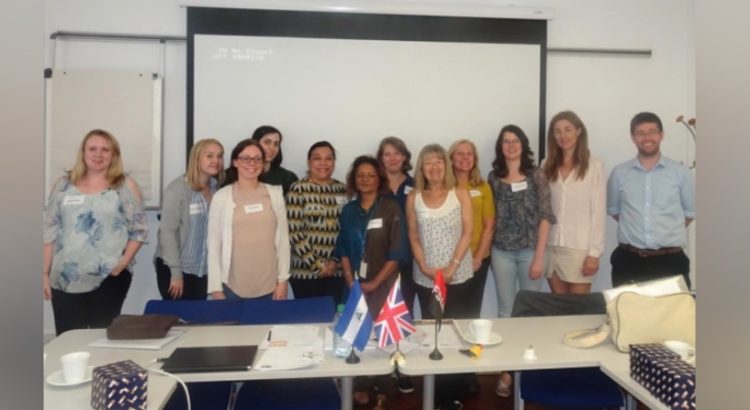
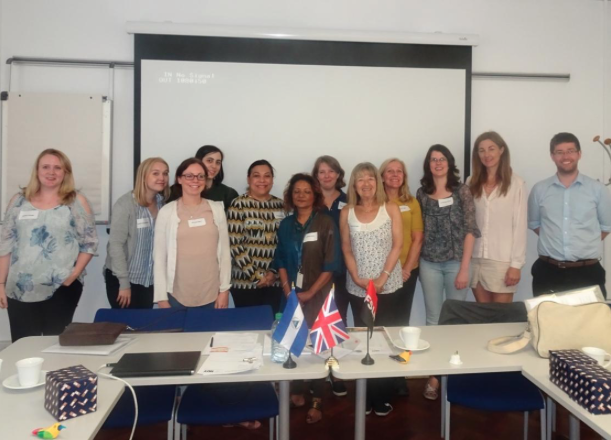
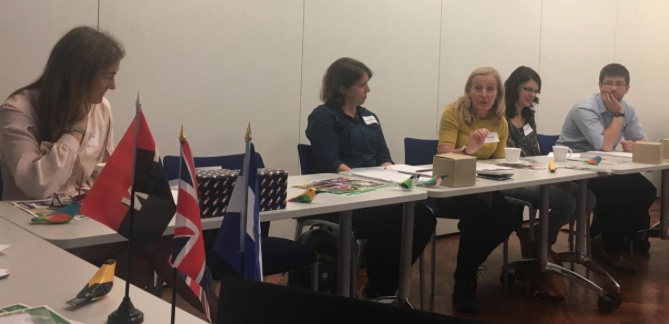
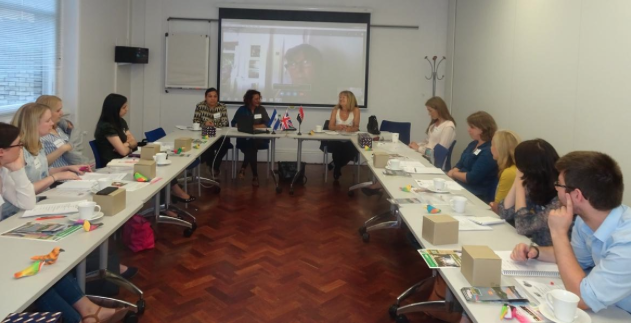








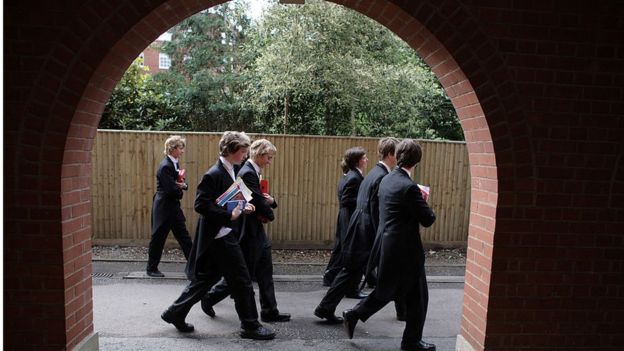

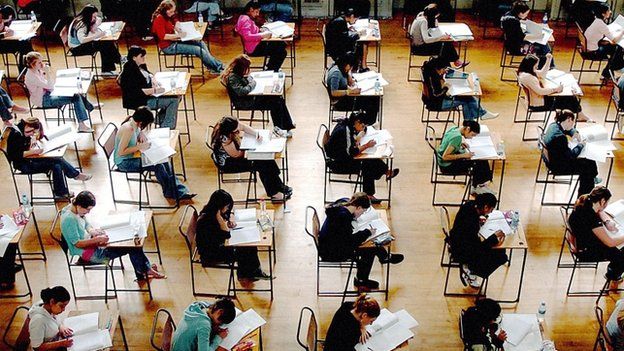
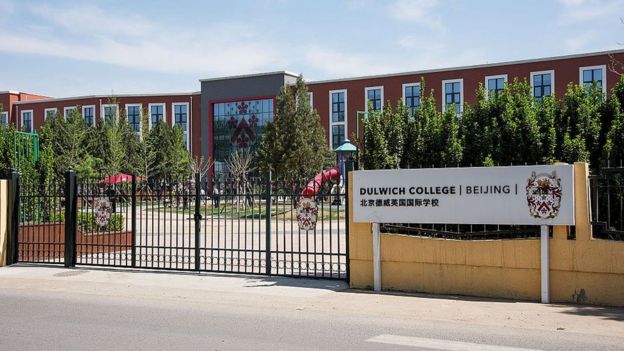










 Users Today : 8
Users Today : 8 Total Users : 35460681
Total Users : 35460681 Views Today : 15
Views Today : 15 Total views : 3419797
Total views : 3419797